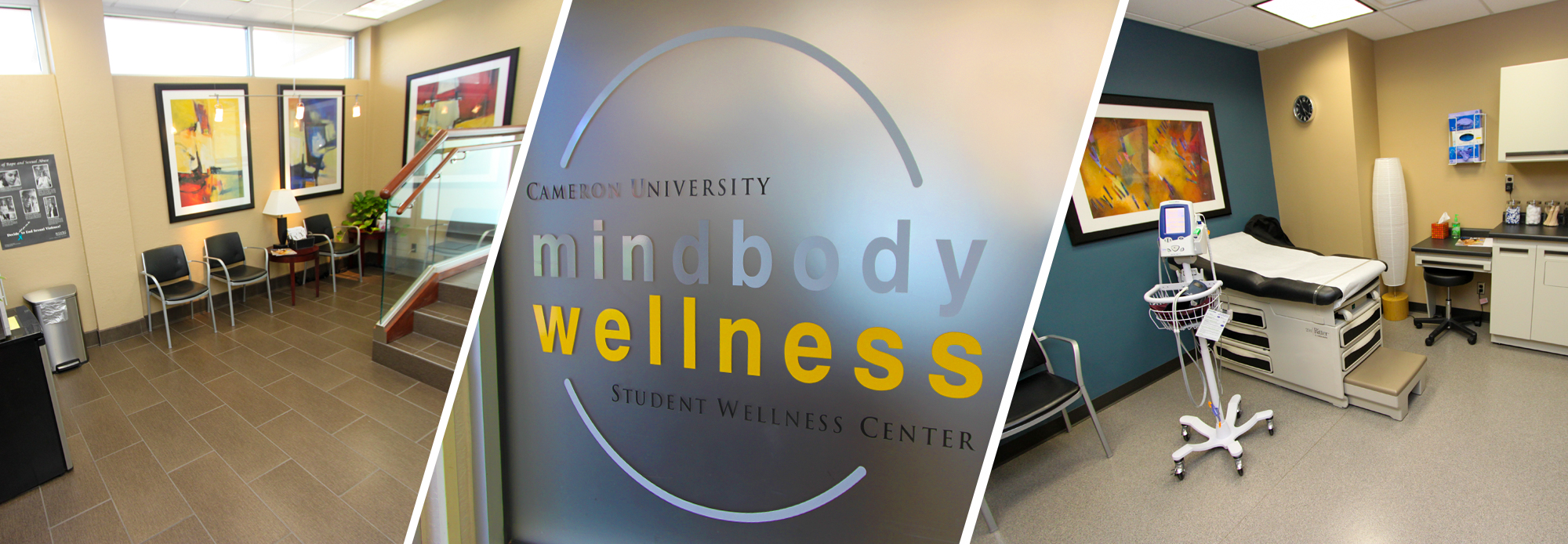Suicide
Suicide and suicide attempts affect the health and well-being of friends, loved ones, co-workers, and the community. It can impact emotional, physical, and economic areas.
FACTS
Suicide rates increased 33% between 1999 and 2019,
Suicide is the 10th leading cause of death in the United States.
Risk Factors for Suicide
A combination of individual and social factors contribute to the risk of suicide. Risk factors are characteristics associated with suicide; they might not be direct causes.
- Family history of suicide
- Family history of child maltreatment
- Previous suicide attempt(s)
- History of mental disorders, particularly clinical depression
- History of alcohol and substance abuse
- Feelings of hopelessness
- Impulsive or aggressive tendencies
- Cultural and religious beliefs
- Isolation, a feeling of being cut off from other people
- Barriers to accessing mental health treatment
- Loss (relationship, social, work, or financial)
- Physical illness
- Easy access to lethal methods
- Unwillingness to seek help because of the stigma attached to mental health and substance abuse disorders or to suicidal thoughts
The LGBTQ+ community is diverse and strong, but may be disproportionately at-risk for suicidal feelings and other mental health struggles because of the discrimination and prejudice they too often are up against.
What should I do if someone I know is considering suicide?
If you know someone who is considering suicide, do not leave them alone. Try to get them to seek immediate help from their doctor or the nearest hospital emergency room, or call 911. Remove any availability they may have to firearms or other potential tools for suicide, including medications.
Protective Factors for Suicide
Protective factors help individuals from suicidal thoughts and behavior.
- Effective clinical care for mental, physical, and substance abuse disorders
- Easy access to a variety of clinical interventions and support for help seeking
- Family and community support
- Support from ongoing medical and mental health care relationships
- Skills in problem solving, conflict resolution, and nonviolent ways of handling disputes
- Cultural and religious beliefs that discourage suicide and support instincts for self-preservation
Visit our Community Resources tab for more information or call the Student Wellness Center for assistance at (580) 581-6725. North Shelper Room 101
IF YOU ARE IN A CRISIS CALL:
National Suicide Prevention Lifeline: 1-800-273-TALK (8255) | Reachout Hotline: 1-800-522-9054
24 hours a day, 7 days a week. All calls are confidential.
Call 2911 for on Campus Police.
Comanche County Memorial Hospital’s Emergency Room is located directly across the street from Cameron University’s Campus on Gore Boulevard, 3401 W. Gore Blvd, (580) 355-8620
Taliaferro Community Mental Health Center is located west of Cameron University Shepler buildings. 602 SW 38th St, (580) 248- 5780 They are open 24 hours a day, 7 days a week, 365 days a year.

